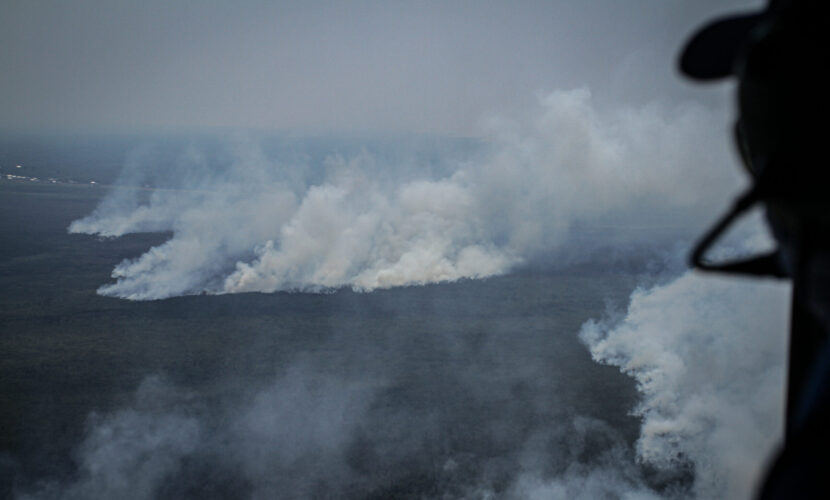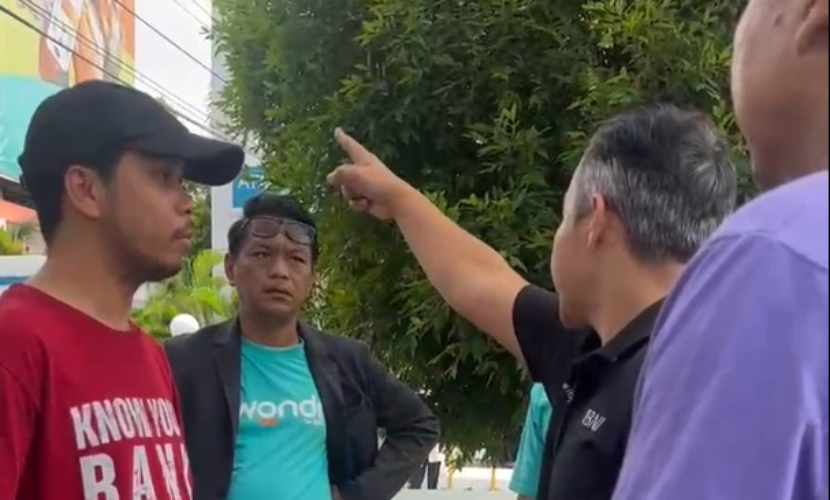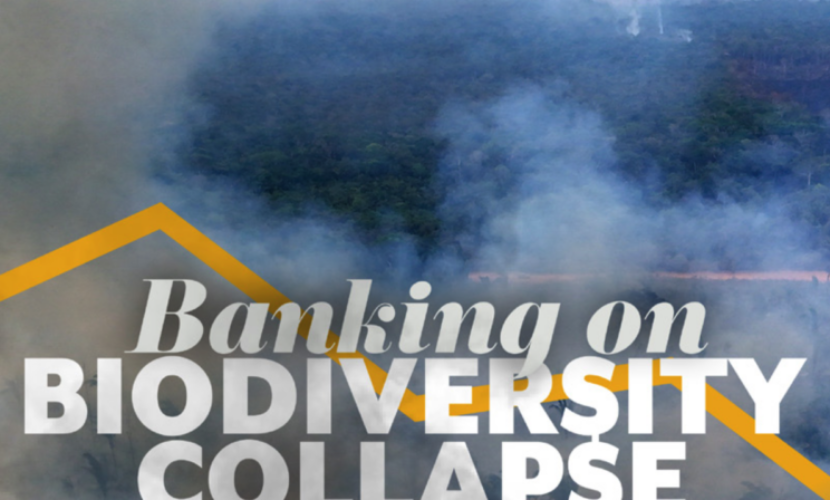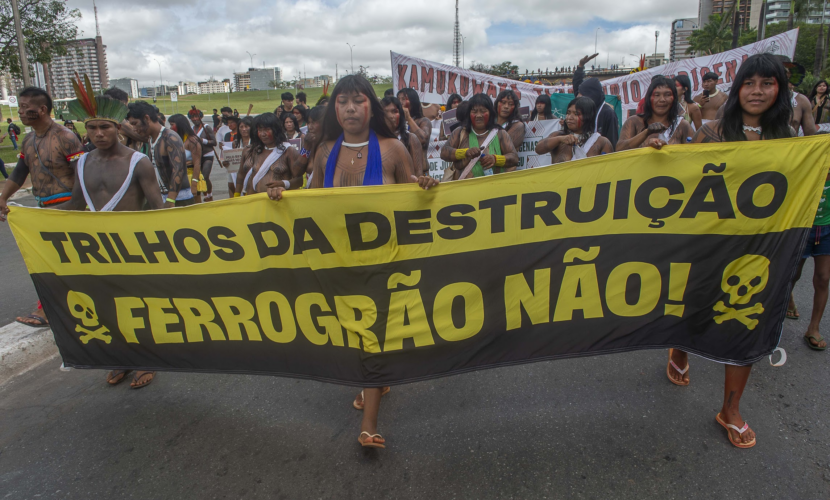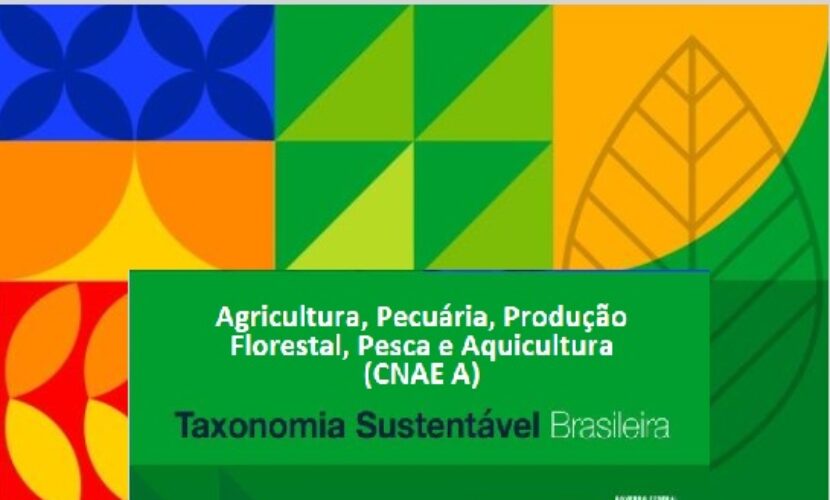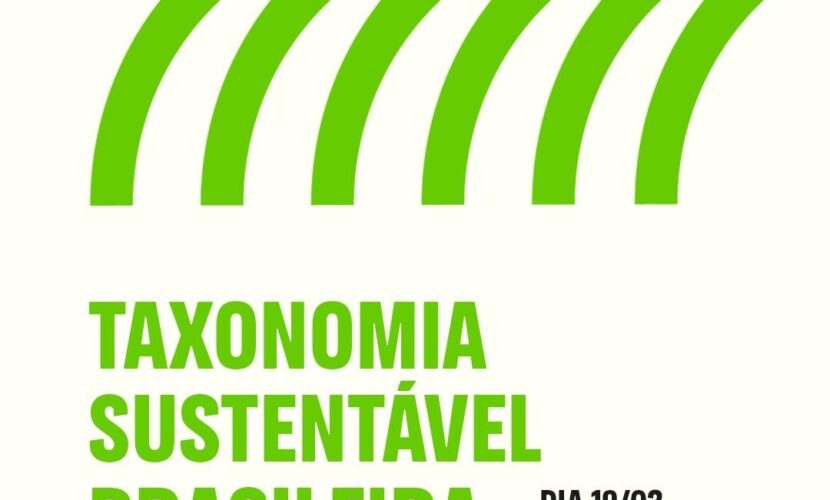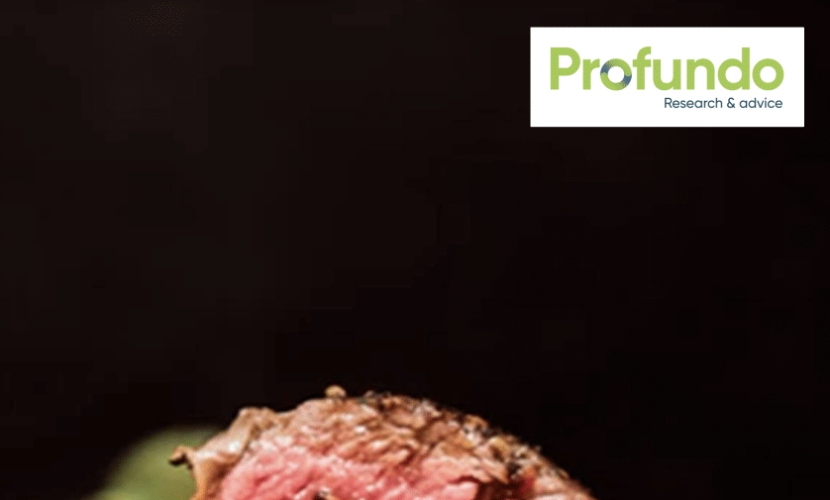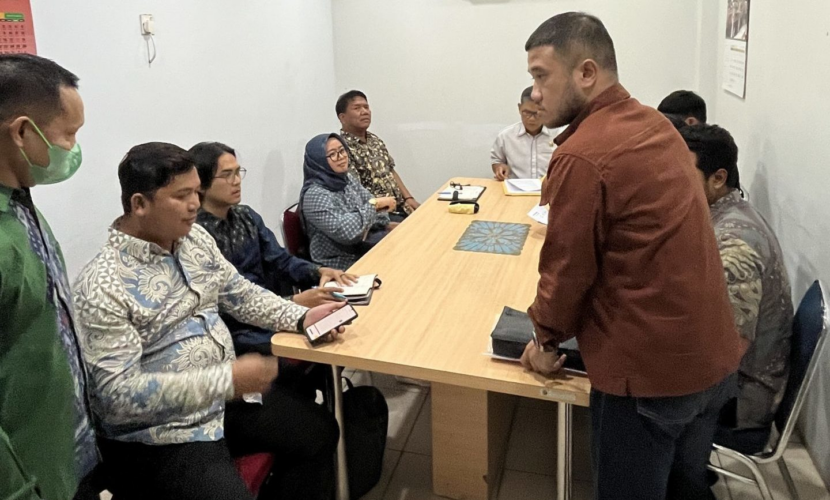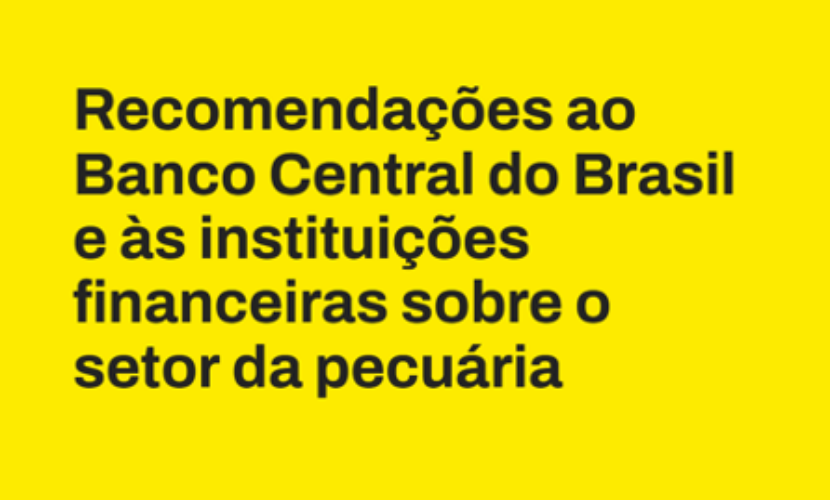News
Rainforest to illegal pasture: JBS’ Impact on Apyterewa
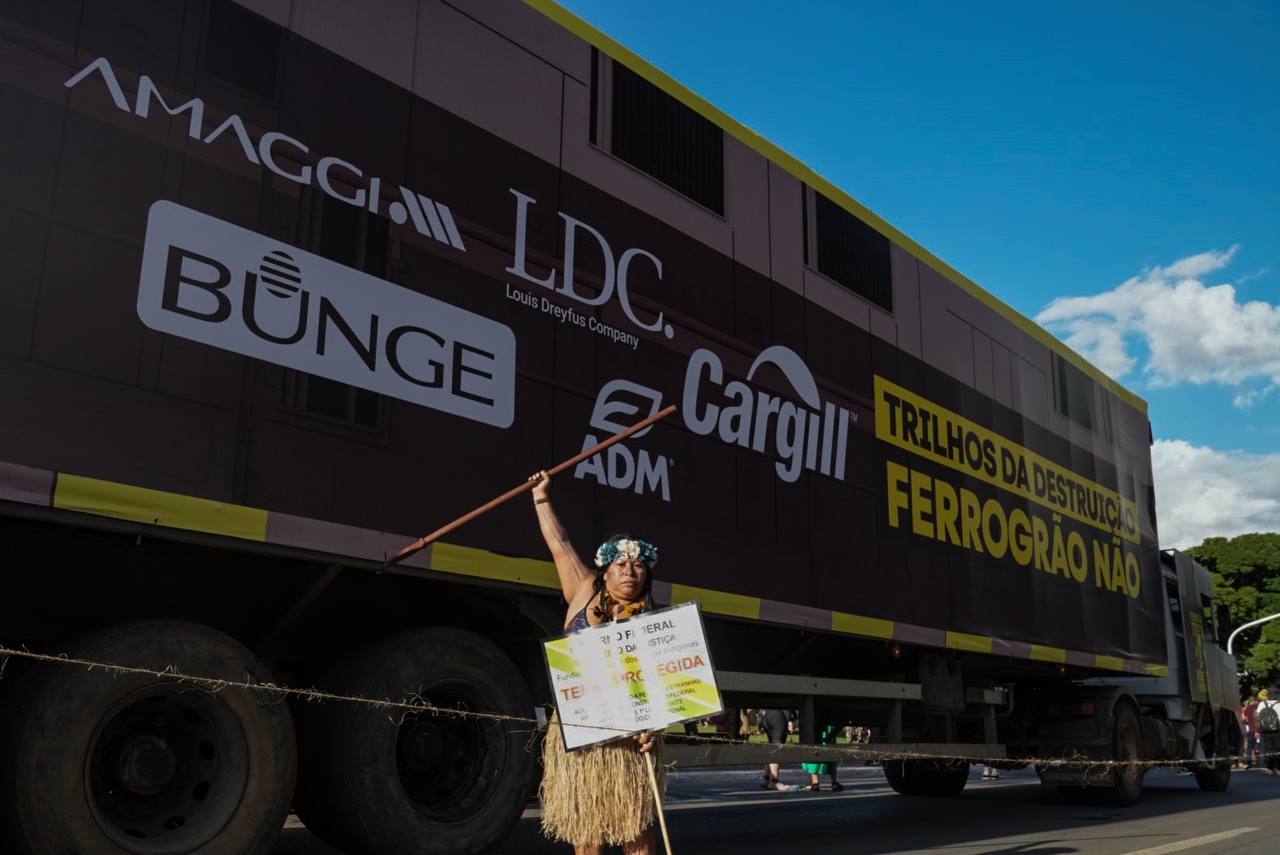
The Amazon rainforest, one of the world’s most biodiverse ecosystems in the world, is teetering on the brink of irreversible collapse. While the health of the Amazon ecosystem has profound implications for all life on earth, Indigenous and Traditional communities are on the frontlines of destruction. Cattle ranching, driven by global demand for beef, is driving deforestation and the invasion of Indigenous Territories (ITs) in Brazil. The world’s largest meat processing company, JBS, exemplifies this destructive dynamic, with its operations at the center of ongoing conflicts with Indigenous Peoples.1
JBS has been repeatedly convicted and fined for a wide range of illegal business practices that have been extensively documented over the last 15 years.2 These practices include bribery and corruption,3 price-fixing,4 forest destruction,5 forced labor and labor abuses,6 invasion and land grabbing of Indigenous and traditional territories,7 and excessive greenhouse gas (GHG) emissions.8 Earlier this year, the New York Attorney General filed a lawsuit against JBS for greenwashing claims that misled consumers about the environmental harms linked to their products.9
JBS has also been accused of ‘cattle laundering’10—where cattle from illegally deforested areas are moved to ‘clean’ ranches before entering the supply chain. JBS deny responsibility for such laundering and claim it has taken place without their knowledge or consent. However, the fact these activities have taken place in their supply chain has not deterred major banks and investors from financing them. Recent analysis by Forests & Finance identified US$ 1.1 billion in credit and US$ 719 million in investments directed to JBS’ beef operations in Brazil between 2018 and 2024.
The Parakanã Indigenous Peoples have been defending their land, Apyterewa, from invaders for decades. Located in the Brazilian state of Pará within the Xingu basin, Apyterewa covers 773,820 hectares. Legal recognition of Apyterewa by the Brazilian government in 2007 is crucial because it provides the Parakanã with official land rights and imposes restrictions on land use, such as commercial cattle ranching.11 However, despite this legal protection, Apyterewa has become the most deforested Indigenous Territory in Brazil, with over 477 square kilometers of forest razed between 2008 and June 2024.12 Alarmingly, 98% of this deforestation has been converted to illegal pasture for cattle,13 with the majority occurring during the Bolsonaro administration, which fostered a culture of impunity for land invasions.14
In late 2023, law enforcement began efforts to expel invaders from TI Apyterewa, where an estimated 60,000 cattle were being illegally raised on 900 square kilometers of pasture in the Parakanã’s territory.15 However, the damage was already done, with laundered cattle, illegally raised in Apyterewa, entering JBS’s supply chain.16 As a result, the illegal origins of the cattle were deliberately obfuscated making traceability more difficult. As above, JBS has denied responsibility for cattle laundering in its supply chain.
The Parakanã have demanded reparations from JBS and its financiers, including BNDES, one of JBS’ largest shareholders. During a meeting in April 2024, Parakanã leaders pressed BNDES to compensate for the environmental destruction and support reforestation efforts.17
“The BNDES has given money to farmers to get stronger and cut down the forest. We want to reoccupy the territory so that the ranchers don’t come back. We need to reforest and recover everything we’ve lost,” stated Wenatoa Parakanã, underscoring the urgent need for restoration.
The response to JBS’ destructive practices has already led to significant actions: six European supermarket chains announced a boycott of Brazilian beef from JBS in 2021,18 and at least 22 financial institutions have excluded JBS from their portfolios.19 BNDES has also reduced its shareholding in JBS by 51%, from US$ 667 million to US$ 340 million.
Conclusion
This case highlights the urgent need for financial institutions to ensure their clients respect Indigenous Peoples’ rights and territories and implement a comprehensive traceability system for their supply chain. The violations in JBS’s supply chain, fueled by financial backing, demonstrate the severe impact of unchecked corporate practices on Indigenous communities and critical ecosystems like the Amazon. Banks and investors must ensure their clients eliminate deforestation and land grabbing from supply chains. Failing to do so risks not only perpetuating environmental and human rights abuses but also exposing financial institutions to significant reputational and financial risks. As global scrutiny intensifies, aligning financial practices with these standards is essential to protecting both people and the planet.
References:
- Repórter Brasil. “Gado Criado Ilegalmente em Terra Indígena no Pará Abastece JBS e Frigol.” September 2022. https://reporterbrasil.org.br/2022/09/gado-criado-ilegalmente-em-terra-indigena-no-para-abastece-jbs-e-frigol/. ↩︎
- Global Witness. “JBS S.A. Dual Listing on New York Stock Exchange: A Collective Warning of Risks to People, Planet and Investors.” September 2023. https://www.globalwitness.org/en/campaigns/forests/jbs-dual-listing-new-york-stock-exchange-risks-people-planet-and-investors/ ↩︎
- Biller, D., and J. Goodman. “Brazil Meatpacker Fined for Bribes That Fueled US Expansion.” AP News. October 14, 2020 https://thecounter.org/jbs-price-fixing-settlement-meatpackers-52-million-antitrust/. ↩︎
- Sedacca, M. “JBS Agrees to Pay Beef Wholesalers $52.5 Million in Latest Price-Fixing Settlement.” The Counter. February 4, 2022 https://thecounter.org/jbs-price-fixing-settlement-meatpackers-52-million-antitrust/ ↩︎
- Steinweg, T., G. Rijk, and M. Piotrowski. JBS: Outsized Deforestation in Supply Chain, COVID-19 Pose Fundamental Business Risks. August 2020. https://chainreactionresearch.com/wp-content/uploads/2020/08/JBS-CRR-Report-1.pdf. ↩︎
- Moye, C. “Cash Cow.” Global Witness. June 2022. https://www.globalwitness.org/en/campaigns/forests/cash-cow/. ↩︎
- Alessi, G. “Gado Criado Ilegalmente em Terra Indígena no Pará Abastece JBS e Frigol.” Repórter Brasil. September 15, 2022. https://reporterbrasil.org.br/2022/09/gado-criado-ilegalmente-em-terra-indigena-no-para-abastece-jbs-e-frigol/. ↩︎
- Institute for Agriculture and Trade Policy and Changing Markets Foundation. Emissions Impossible: Methane Edition. November 2022. https://www.iatp.org/emissions-impossible-methane-edition.. ↩︎
- Office of the New York State Attorney General. “Attorney General James Sues World’s Largest Beef Producer for Misrepresenting Environmental Impact of Their Products.” New York State Attorney General, February 28, 2024. https://ag.ny.gov/press-release/2024/attorney-general-james-sues-worlds-largest-beef-producer-misrepresenting. ↩︎
- Hofmeister, Naira, André Campos, Isabel Harari, and Lucy Jordan. “JBS Admits to Buying Almost 9,000 Cattle from ‘One of Brazil’s Biggest Deforesters.’” Unearthed by Greenpeace, November 11, 2022. https://unearthed.greenpeace.org/2022/11/11/jbs-cattle-brazils-biggest-deforester-amazon/. ↩︎
- Context.News. “How Are Indigenous Areas Protected in Brazil?” https://www.context.news/nature/how-are-indigenous-areas-protected-in-brazil. ↩︎
- INPE. Deforestation Data for the Legal Amazon. https://terrabrasilis.dpi.inpe.br/app/dashboard/deforestation/biomes/legal_amazon/increments. ↩︎
- MapBiomas. Brazil Land Cover Data: Apyterewa Territory. https://plataforma.brasil.mapbiomas.org/cobertura. ↩︎
- OC Eco. Nunca Mais Outra Vez: Report on Illegal Activities in the Apyterewa Territory. March 2023. https://www.oc.eco.br/wp-content/uploads/2023/03/AF_reduzido_20220323_individuais_nunca-mais-outra-vez-1.pdf. ↩︎
- Brazilian Public Prosecutor’s Office (MPF). Relatório Boipirata: Illegal Cattle in the Apyterewa Indigenous Territory. March 2023. https://www.mpf.mp.br/pa/sala-de-imprensa/documentos/2023/copy_of_RelatrioImprensaBoipirata_apecuriailegalnaTerraIndgenaApyterewa.pdf. ↩︎
- Ibid
Reporter Brasil. “Gado Criado Ilegalmente em Terra Indígena no Pará Abastece JBS e Frigol.” Reporter Brasil, September 21, 2022. https://reporterbrasil.org.br/2022/09/gado-criado-ilegalmente-em-terra-indigena-no-para-abastece-jbs-e-frigol/. ↩︎ - Forests and Finance. “Povo Parakanã Cobra BNDES por Reflorestamento de Território Devastado no Pará.” April 2024. https://forestsandfinance.org/news/povo-parakana-cobra-bndes-por-reflorestamento-de-territorio-devastado-no-para/. ↩︎
- Reuters. “European Supermarkets Stop Selling Brazil Beef Over Deforestation Links.” December 2021 https://www.reuters.com/markets/deals/european-supermarkets-stop-selling-brazil-beef-over-deforestation-links-2021-12-15/. ↩︎
- Financial Exclusions Tracker. Brazil: Deforestation and Financial Exclusion. https://financialexclusionstracker.org/. ↩︎
